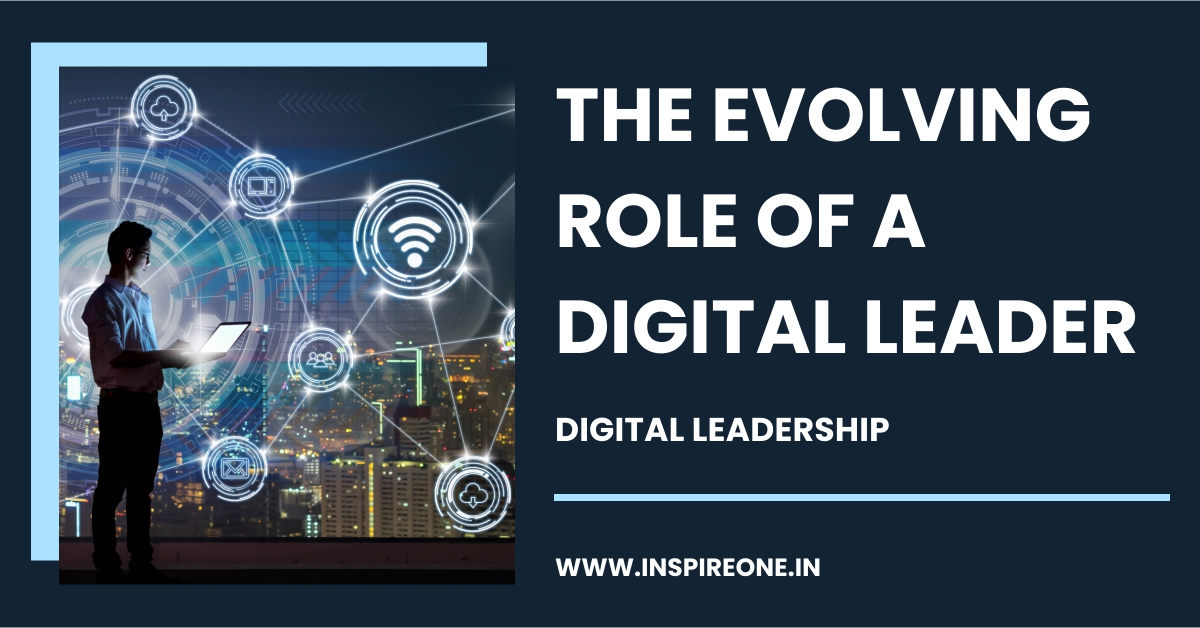A successful digital transformation requires a transformational leadership approach.
Steering clear of platitudes and cliches, what this means is that a leader in this era needs to:
- Understand the imperative of “digitalising” the business for growth and enhanced customer value.
- Be able to inspire and educate teams about the above.
- Have a proclivity for adapting to ways of thinking, working and planning that would enable digital.
- Be able to provide the digitalisation imperative for breaking silos and being customer focused and agile
- To do all the above because of authentic growth reasons and not to just ‘keep up with the Joneses’.
A recent survey of directors, CEOs, and senior executives conducted in 15 Asia Pacific Countries found that their #1 concern in 2019 – 2020 was the risk about being disrupted by digital transformation. Yet 70% of all digital transformation initiatives do not reach their goals. Of the $1.2 trillion that was spent on digital transformation last year, it was estimated that approximately $800 billion went to waste.
Why do some digital transformation efforts succeed, and others fail?
While 85% of the organisations surveyed have embarked on digital transformation journeys, only 7% can be classified as digital transformation leaders. These leaders have a full digital strategy in place. They earn more than 30% of their income from digital products and services and see greater benefits from their digital transformation initiatives. This blog highlights some fundamental traits and the key developmental aspects in the mindsets of leaders. What sets today’s business leaders apart is their ability to ride the digital transformation wave from an organisational culture perspective.
To succeed in this VUCA world, a leader needs to have the following skills – (apart from the core leadership skills!)
- Emotional intelligence
- Having both technology and business acumen
- Build collaborative cultures as the only means of surviving
- Ability to develop others
- Agility/ flexibility
- Tolerance to uncertainty and mistakes
- Resilience against failures
- Ability to radically innovate and experiment
Organizations need leaders who understand the impact digital disruption can have on their businesses. They should sense what is and isn’t possible and, more important, sense what will be possible. Traditional leaders tend to focus on their experience rather than the possibilities in the future, which limits their ability to experiment with new ideas. Leaders should create the conditions for people to experiment. Fear of failure is a huge impediment to experimentation and innovation in many organisations. Leaders must overcome this obstacle and create an environment that encourages genuine experimentation, continual learning and risk taking. This is a relatively weak area for most of the leaders today which requires careful consideration to lead the digital transformation in future.
Important factors for Digital Leaders
Decision making is a crucial aspect for future leaders to steer the digital transformation journey in their organizations. They must be able to spot patterns in the external environment and bring their ideas together from multiple perspectives to have a 360 degree view before making any kind of decision. Understanding the impact of emerging technologies on the business models and making an informed decision is extremely vital for a leader and unfortunately this is a blind spot for most of them.
Another important factor is being able to adapt the uncertain environment around them. Digital leaders must be able to anticipate and adapt to constant changes in the external environment or fall behind. They need to learn every day, not getting caught up in “traditions”. This refers to the constant scanning of internal and external environments for opportunities & threats. It is not just about knowing how a leader can solve a problem today; it is also about how they can solve it tomorrow. This is one potential developmental area leaders need to be mindful about.
One more area the leaders need to be careful about is creating a network around them who complement their skills, as well as challenge them. This creates an opportunity for the leader to create a network of people who may complement them and have the information that helps them in achieving their vision.
This post captures the essence that leadership is fluid, dynamic, ever-changing and not static. Acquiring and maintaining a leadership position, whether at the individual or organizational level, requires continuous research and adjusting, as well as practical application and execution. Possessing such qualities is especially true in today’s digital climate where external circumstances are constantly creating headwind or “new opportunities.”
Hope you enjoyed the article! For more news and views on topics like Leadership Development, Culture and HR Technology, please use the form below and subscribe!
[wpforms id=”2488″]







